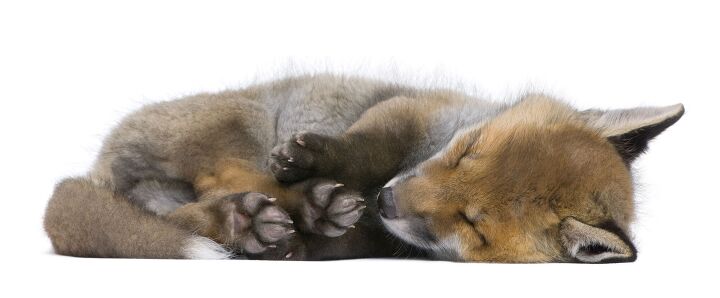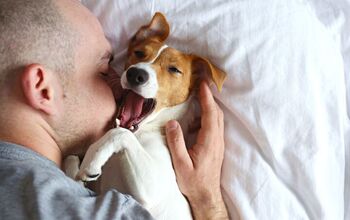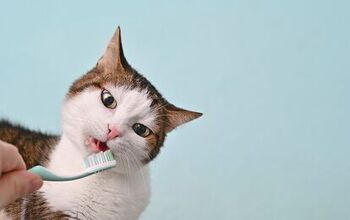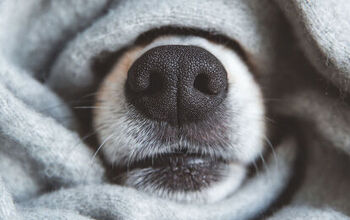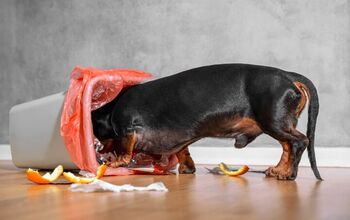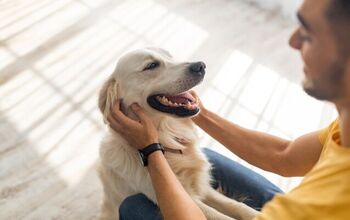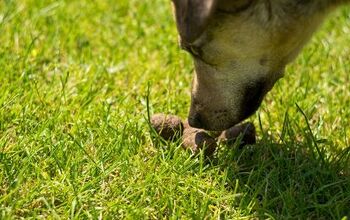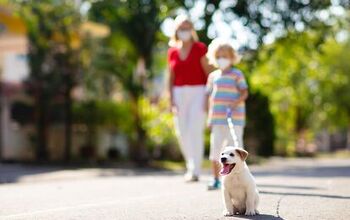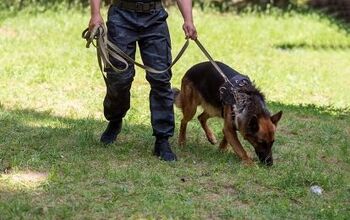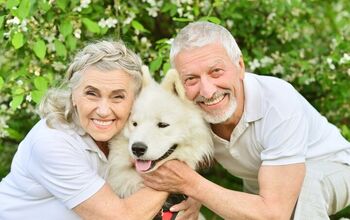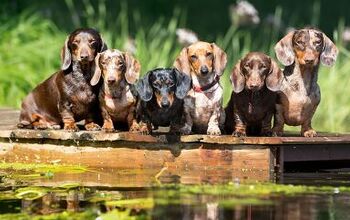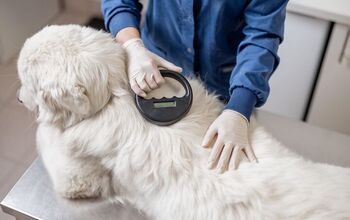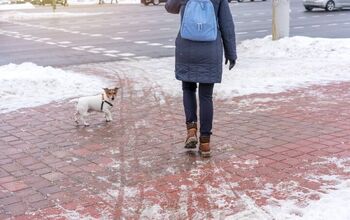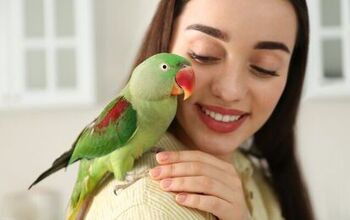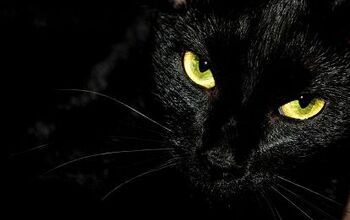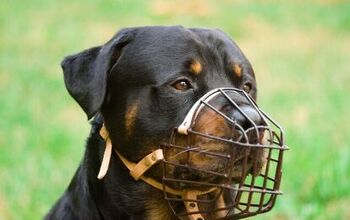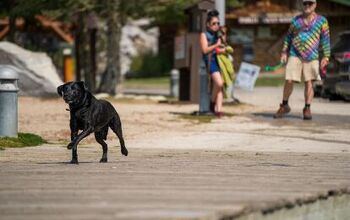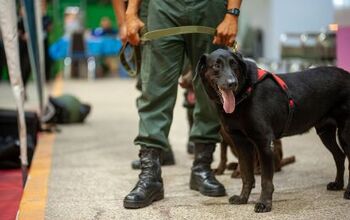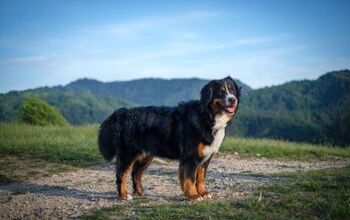Wildlife Center Wears Fox Masks When Caring for Orphaned Cubs

Bonding with an orphaned kitten or puppy is fine, not so much when you're caring for wildlife.
If you’ve ever taken in an orphaned pup or kitten, you know the drill regarding how often you need to feed, burp, and help the little guy out with potty breaks their mama would normally take care of. Warmth and cuddles simply come with the territory, right? Once they’ve reached six weeks of age you can begin weaning them onto wet food and by eight weeks, you know your heart will break into a million pieces if you have to say goodbye. (I didn’t!)
But what if you knew from the moment you saw that abandoned little waif of a fur-kid, that you would absolutely have to let him go when he reached the age of self-sufficiency?
Well, the folks at a Virginia Wildlife Center face that dilemma on a regular basis as they care for newborn wildlife that have been abandoned or left motherless due to accident or death. Foxes seem to be the most common orphan and when you know that bonding with the little kipper is not an option, you need to find a way to avoid the baby kit from imprinting on its human caregiver. Imprinting happens when a vulnerable animal (or human) develops an irreversible emotional connection to their caregiver. Think of all those cute TikToks showing baby ducks or geese following directly behind their human as they would their mamma.
So, what to do when you need to create an emotional separation? To help eliminate the kit’s ability to recognize and connect with human caregivers, staff at the facility wear a giant fox mask during the feeding process. Further, the center also minimizes human sounds, creates visual barriers, reduces handling and multiple transfers between facilities in addition to wearing masks appropriate to the species.
A zoo in China took a similar approach when staff suddenly became the primary caregivers for an orphaned Panda cub and suited up in Panda Bear costumes when caring for the little guy.
While imprinting on humans is not necessarily bad for kittens or puppies who may be living in what will become their forever home, for wild animals it’s different. If they become too comfortable around humans, they become less cautious and put themselves at risk – including being trapped, wandering into traffic or even venturing into neighborhoods where they’re perceived as a threat that can result in them being destroyed.
Understandably, not every town has a ready supply of wildlife costumes, so what happens when the caregiver can’t find suitable possum, raccoon, fox, wolf (insert wild animal of choice here) attire? Simply using the standard face masks, lab coats, and gloves on-hand in any care center will help prevent the baby from imprinting on a human.
Me? I think my biggest challenge would be avoiding the cuddles and baby talk. Just a sucker for a baby critter.

Sharing space with three seriously judgy Schnoodles and a feline who prefers to be left alone. #LivingMyBestLife
More by Mary Simpson



